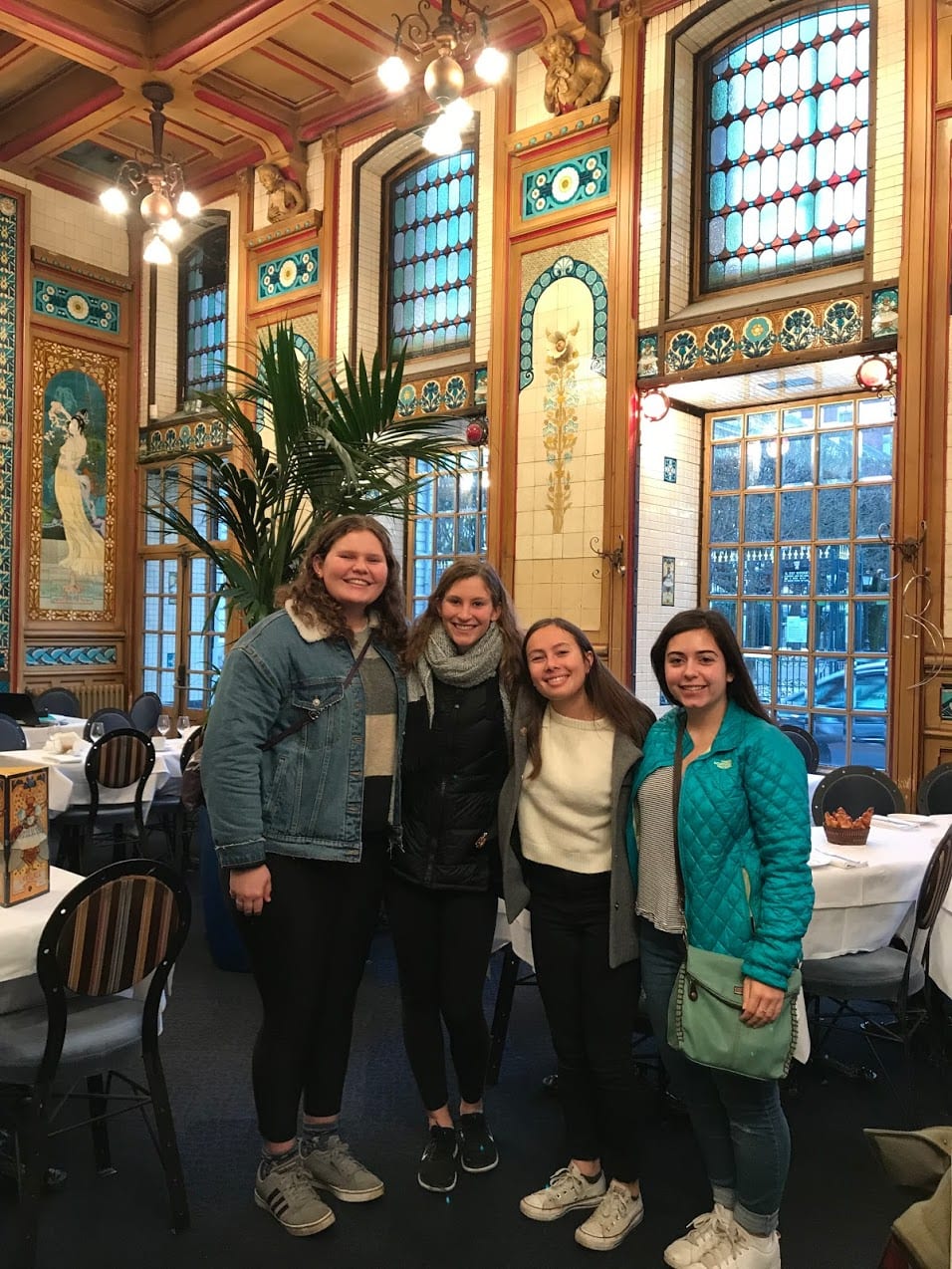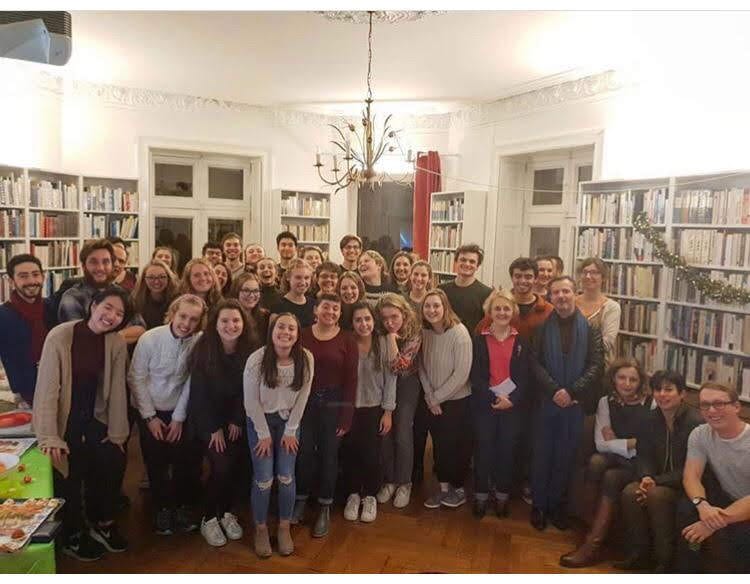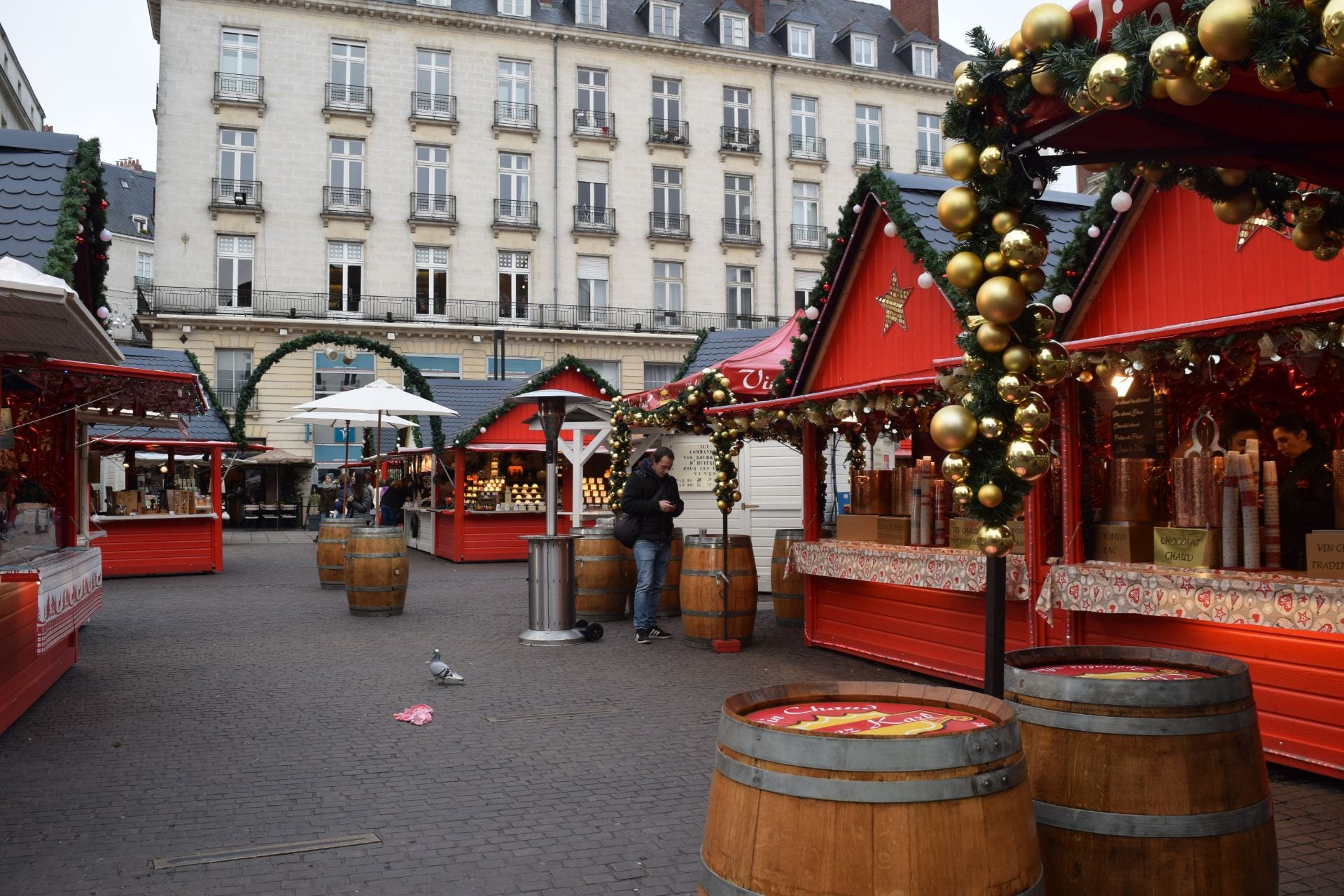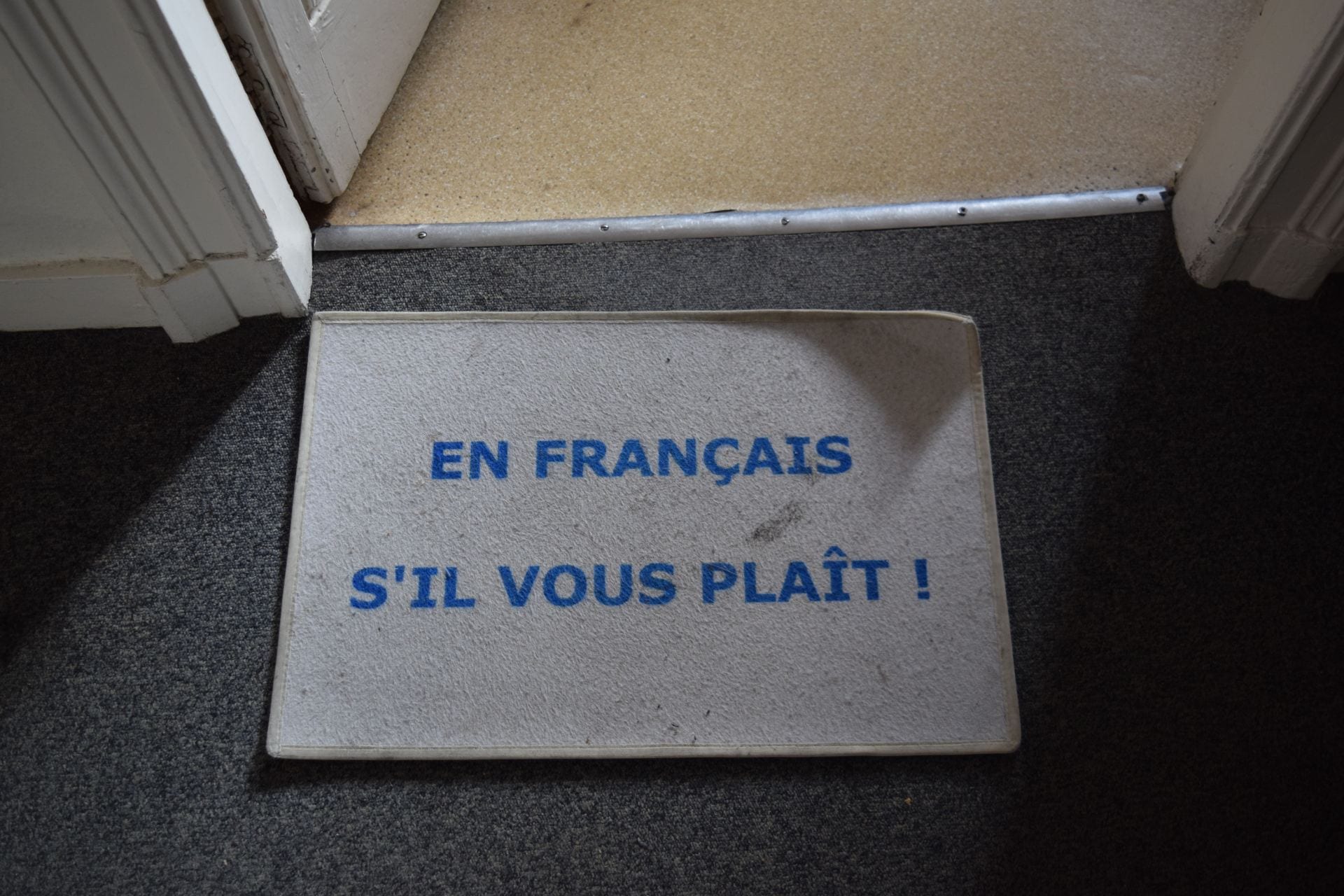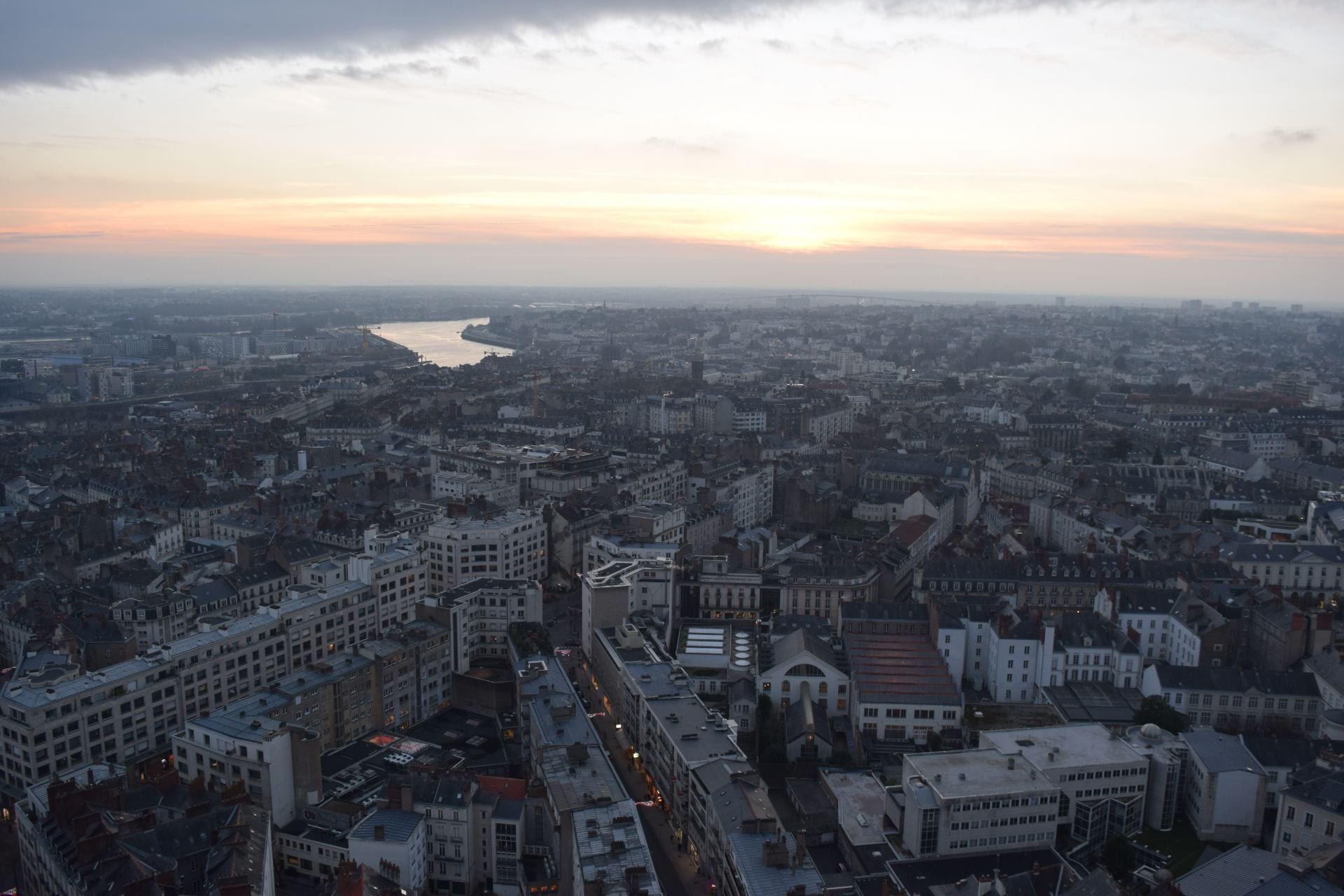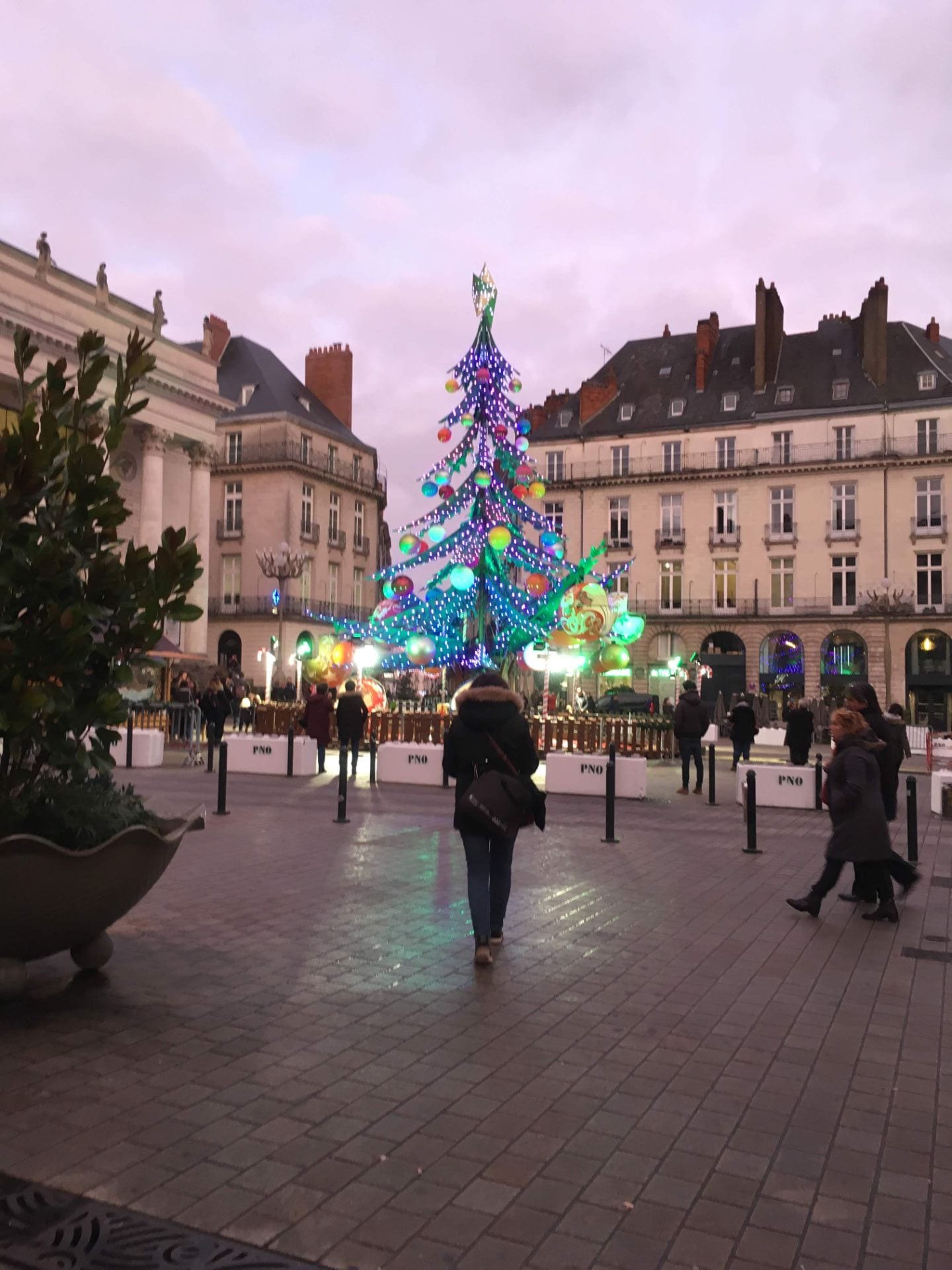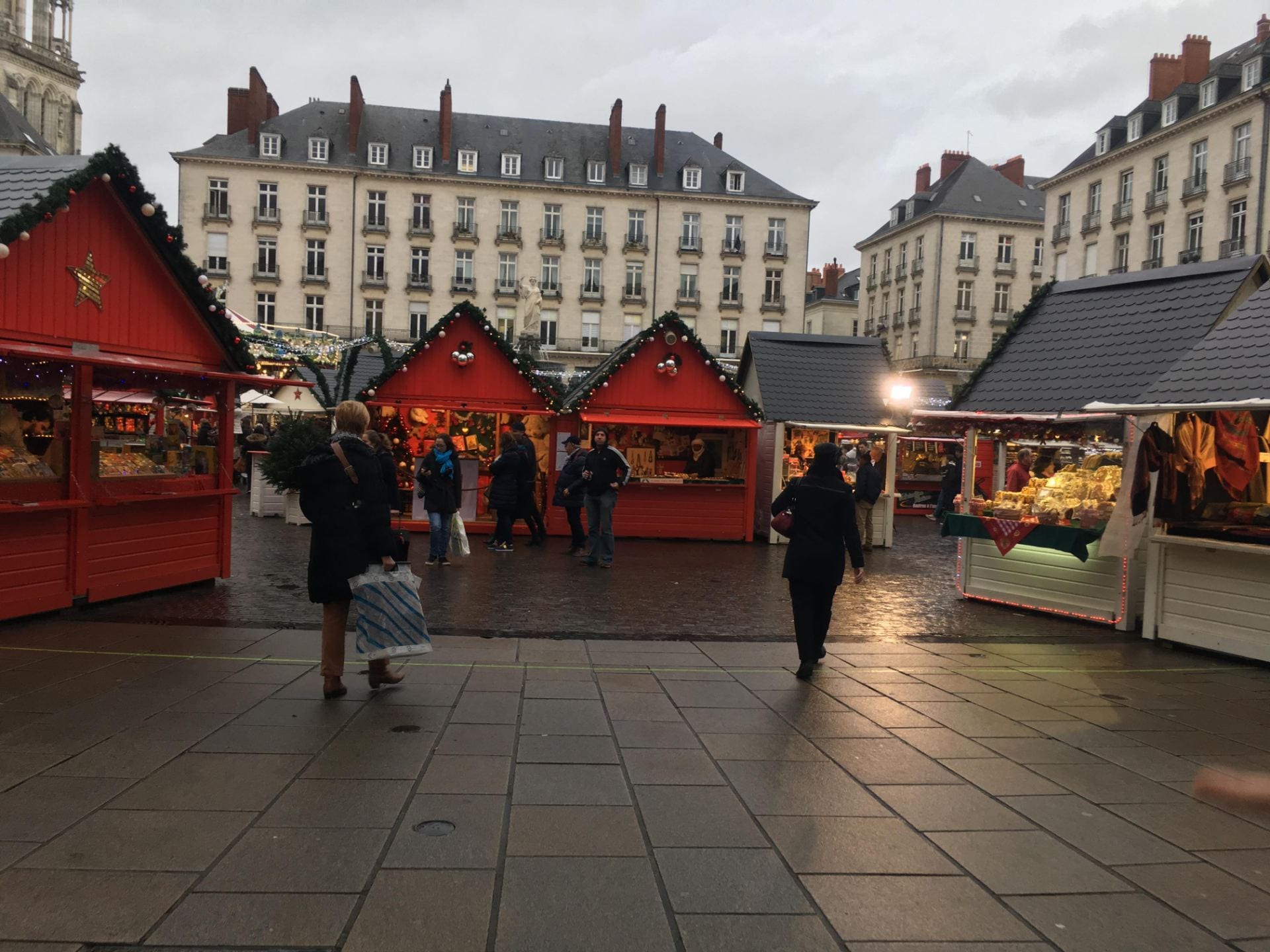(side note: I made a video compilation of all of my clips from the trip and if you’re interested, you can click here and watch it to see a little sneak peek into what my life was like!)
PSA: prepare yourself, because I’m quite a sap and I’m also quite sad about leaving this wonderful country so this post might get a little sentimental or clichéd—bear with me if you will.
Firstly: au revoir, which is how the French say goodbye, directly translates into something like “until we see each other again” (voir=to see, thus revoir=to resee). I’ve always liked this because I’m a nostalgic sap and have a really hard time saying goodbye to things (one of the many reasons why I have 5 huge boxes filled with “memories” under my bed at home, which are really just a bunch of random old tickets and scraps of paper), and I prefer to say “see you soon!” in English rather than “goodbye!”
So I’ll say au revoir to France, and to Nantes, a place that I’ve completely fallen in love with. Sure, there are things that I won’t miss about it, but every country has its ups and downs (there are certainly things I didn’t miss about America when I came here. For one, have you ever noticed how loud Americans are?)
Now, I don’t want to speak for everyone, because I know that people on my program had very different experiences, but for some strange reason I feel like I really only had ups this semester. I just read a letter that I wrote to myself at the beginning of the semester where I described all of my fears (being pickpocketed, disliking my host family, etc.) and was almost surprised to see that none of them came true. Sure, I had struggles, and times when I missed things from home, but I’ve found myself almost uncannily happy here. “What has made your semester so great, Anna?” you ask. Well I’ll tell you.
First and foremost: my host family (and the fact that I chose to do a homestay). One of the most generous groups of people I know. To be able to welcome a complete stranger into your life (and for them, dozens and dozens, because they have a host student about every semester) and to be able to give them an authentic, amazing experience, on top of already having 6 kids, is no small feat! Leaving them might’ve been the hardest part of going—I seriously felt like I was leaving my second family behind (and my host mom didn’t want to let me go at the train station because I kept crying!).
My friends at IES: because I didn’t make a lot of French friends, but I sure did make some really great American ones, who don’t mind listening to me when I ramble about how much I love French because they all feel the same way! In general, there were only 30 students on this program this semester and we all got really close. Everyone was really nice (like, seriously. There was not a single person I didn’t like.) and I think that really helped make my experience what it was.
The IES staff, who are actually some of the nicest people I have ever met, and who helped us through the good and bad of our entire semester. They genuinely cared about each and every one of us.
The actual city of Nantes. If you’ve never studied abroad/worked/done anything in France before, I’ll let you in on something you’ll encounter if you do: if you’re going anywhere in France but Paris, people at home still think you’re going to Paris. Sometimes even if you’ve reminded them multiple times (actually, I’m going to Nantes…). But let me tell you, boy am I glad that I did not study abroad in Paris, even though people at home inevitably probably still think I did. In my personal opinion: the Nantais are nicer than Parisiens, who to me sometimes seem grumpy and fed up with foreigners (which is fair so I can’t judge). Whether it’s for efficiency’s sake or just out of annoyance, Parisiens also will resort to speaking English with you if they can tell that you’re American. People in Nantes do that way less (like barely ever), so Nantes is a lot better for improving your French language skills (I think mine have made leaps and bounds!). Also, Paris might have a lot of must-see things like the Eiffel Tower and the Louvre that Nantes doesn’t, but for that reason Nantes is a lot less touristy. Therefore, I think in Nantes you get a more authentic idea of French culture and it’s also a better, calmer city for living in (unless you’re super used to living in a place with tons of hustle and bustle!). Nantes is vibrant, full of activity, and now home to so many people that I care about!
Boulangeries and the baguettes that they make. That is all. Anna’s love of bread continues (it is my personal opinion that if you have not tried a warm pain au chocolat from France it should be on your bucket list!!).
My study abroad experience has also given a new meaning to an old cliché: that the world is big and very different. There are multitudes of habits and customs here that are unfamiliar to me that I have had to recognize and adapt to, and France is just one foreign country of many! However, I think the beauty of this is that no matter how different your background is from someone else’s, people still find little ways to connect. For my host brother and I, it was electromagnetism, a physics concept. A student I teach in a French high school: a craving for a “pain au chocolat.” Then there are things that remind me of how small the world actually is: one of the professors I work with for my teaching internship was the French language assistant for Whitman many years ago and lived in the French House on campus. In short, I think I have come to realize that the world is very big and there are a lot of things I do not know about it, but that you can form a connection with practically anyone.
I would suggest that everyone try to travel, if not study abroad in a different country. But I know that traveling is a financial privilege that not everyone is fortunate enough to have. So I’d say try to question the things around you. What makes up your culture? Why do you do the things you do? Go out and find things that surprise you, that are completely new to you, that scare you.
I think often times when we encounter something new, which is the epitome of going abroad, we immediately notice what’s different. Thus, we try to find familiar things and cling to them to ground us, while judging the new aspects we don’t like.
It’s human nature to judge, I believe. The thing you can change is your awareness of these innate judgements (and where they stem from) and the humility to understand that with every situation and person, be it in your country or another, there’s something going on beneath the surface that you’re not seeing. Always. No two people are brought up the same way, with the same values. (And what you consider completely normal could appear totally “fou” to someone else.)
Be open: to others, to ideas, to changes within yourself.
I’m most definitely biased, but if you’re a potential student reading this blog trying to choose what study abroad program to do—do this one.
Bisous, et au revoir,
Anna.
